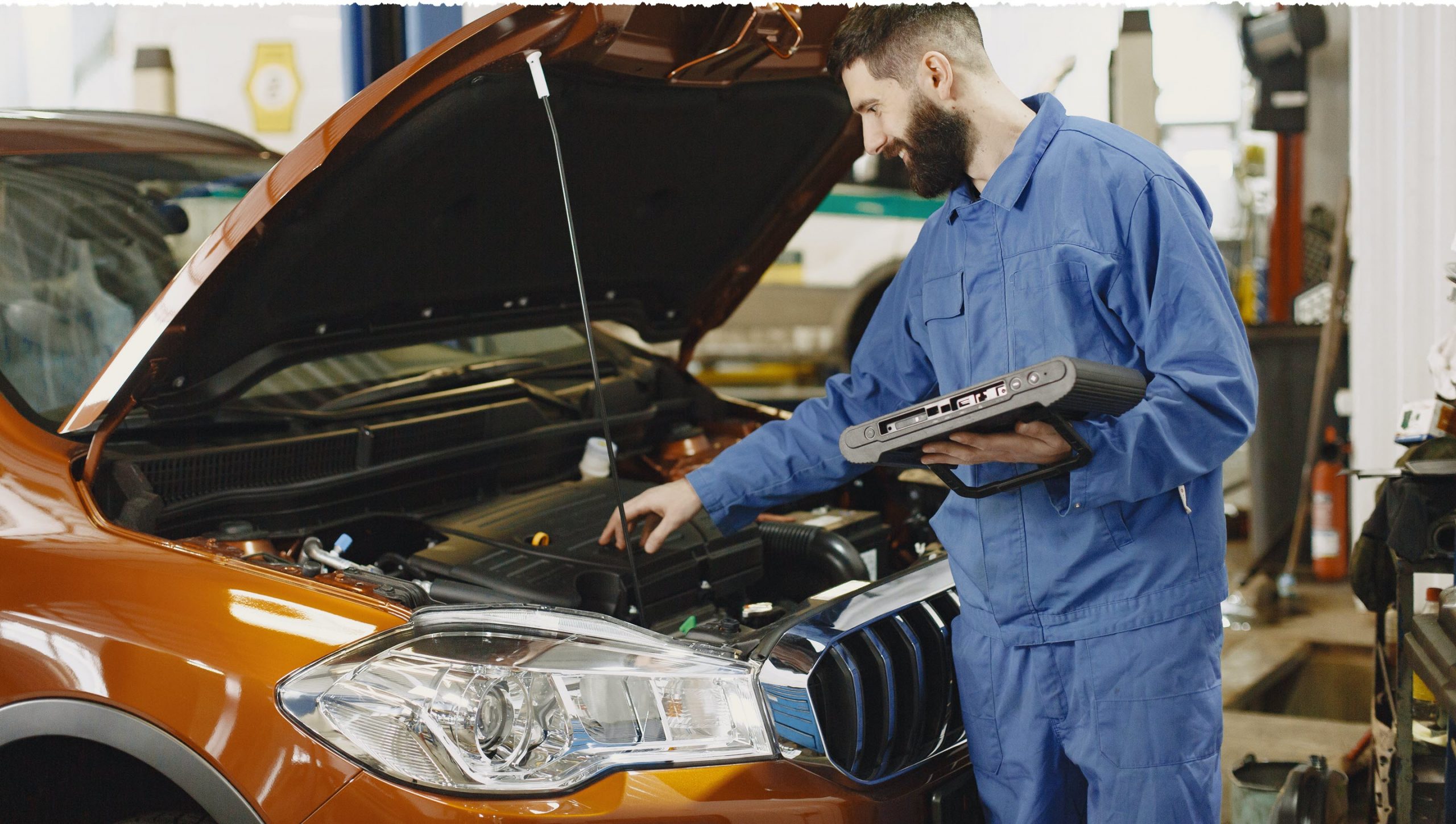

Do you hear a knocking or pinging sound coming from your engine? Engine knocking is a common problem that can cause serious damage to your engine if left untreated. In this month’s blog post, we will explain what engine knocking is, what causes it, and how to address it if you suspect there’s a problem.
What is engine knocking?
Engine knocking is a distinct pinging sound that is caused by premature combustion of part of the compressed air-fuel mixture in the cylinder. This can cause overheating of the spark-plug points, erosion of the combustion chamber surface, and rough, inefficient operation.
Engine knocking occurs when the fuel in your engine’s cylinders burns unevenly, and this causes knocking or a pinging sound. You will most often hear the pinging sound when the engine is running, but it could also be detected when the engine is idle or being revved.
Engine knocking can range from inconsequential to completely destructive. If the knocking is mild and occasional, it may not affect your engine’s performance or lifespan. However, if the knocking is severe and persistent, it can lead to engine failure or even fire.
What causes engine knocking?
There are many possible causes of engine knocking, but the most common ones are:
- Low octane rating: The octane rating of fuel measures its resistance to knock. If you use fuel with a low octane rating in your car, it may not be able to withstand the high pressure and temperature in the cylinder, and it may ignite too early. To prevent this, you should always use the recommended octane rating for your car, which you can find in your owner’s manual or on the gas cap.
- Bad knock sensor: The knock sensor is a device that monitors the vibration and sound of the engine and sends signals to the engine control unit (ECU) to adjust the ignition timing accordingly. If the knock sensor is faulty, it may send false signals or no signals at all to the ECU, which will cause a knocking engine. Sensor replacement is usually the course of action with a faulty sensor.
- Wrong ignition timing: Ignition timing refers to when the spark plug fires in relation to the piston position in the cylinder. If the ignition timing is too advanced, meaning that the spark plug fires too early, it may cause the fuel to ignite before the piston reaches its optimal position. To address this, the ignition timing is adjusted using a timing light. However, this only applies to older cars with adjustable ignition timing. Newer cars have electronic ignition systems that control the timing automatically.
- Lean fuel mixture: A lean fuel mixture means that there is not enough fuel in relation to air in the cylinder. This can happen due to a clogged or faulty fuel injector, a dirty or faulty mass airflow sensor (MAF), a vacuum leak, or a faulty oxygen sensor (O2).
- Incorrect type of spark plugs: Spark plugs are designed for different heat ranges and gap sizes. Consult with your vehicle owner’s manual for the correct spark plugs for your vehicle.
Avoiding Engine Knocking
The best way to avoid engine knocking is to prevent it from happening in the first place. By using high-quality fuel with the correct octane rating for your car and maintaining your engine regularly, you increase your chances of avoiding this problem. However, if you already have a knocking problem, you need to identify and address the cause as soon as possible.
Depending on the cause of engine knocking, you may need to:
- Use an octane booster or drain and replace your fuel
- Replace your knock sensor
- Adjust your ignition timing
- Diagnose and repair your fuel system
- Replace your spark plugs
If you are concerned about possible engine knocking in your vehicle, have it inspected by a service professional. Contact the service professionals at Car Kings to schedule a full inspection and any repairs or replacements.
